Meet Merelina
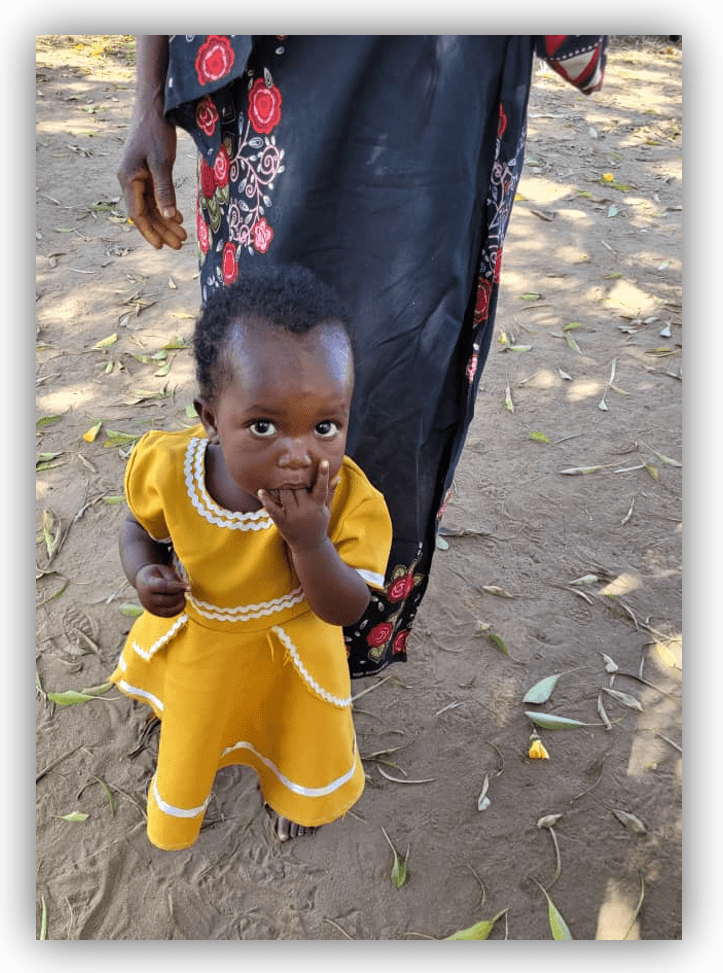
Merelina's mother died when she was only two weeks old and most people in her community did not believe she would survive.
Read MoreMeet Merelina
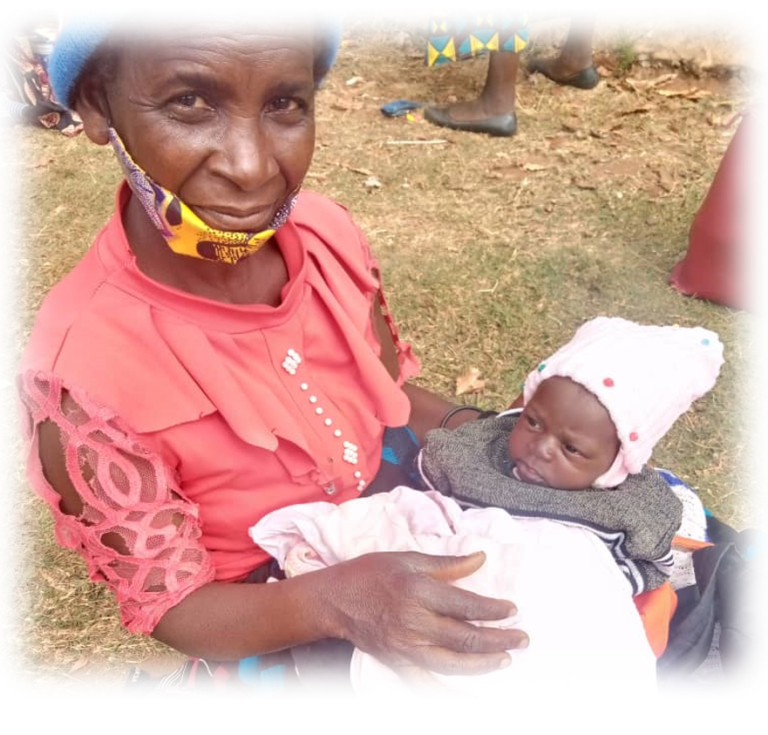
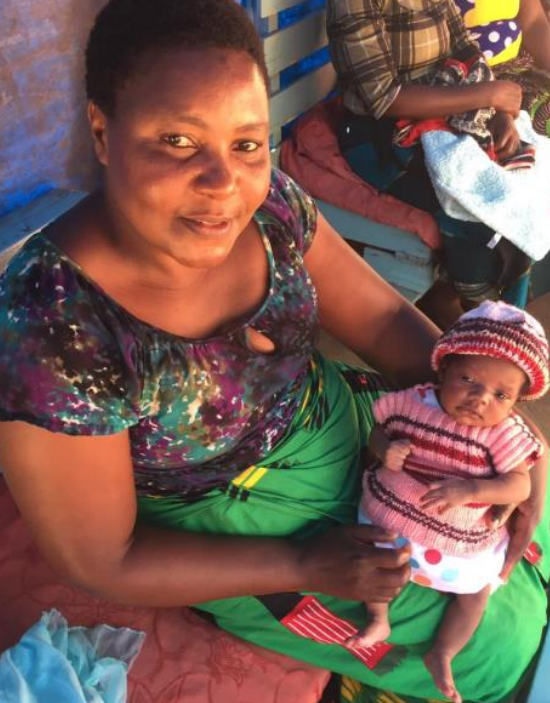
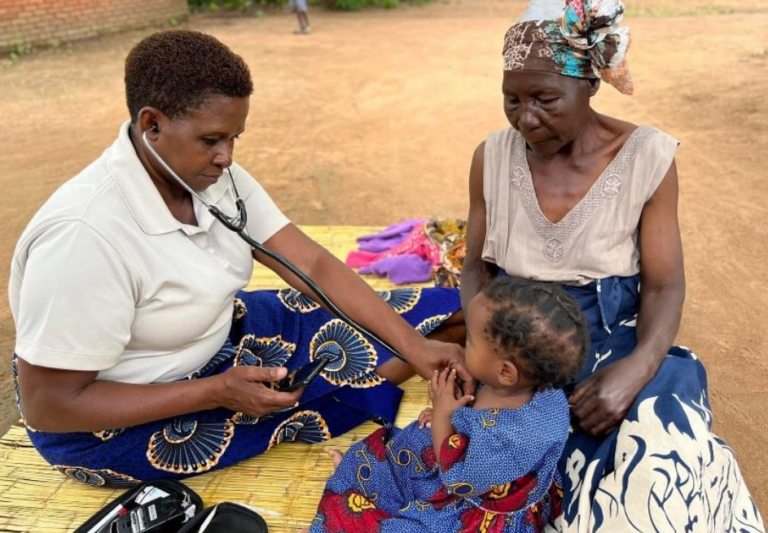
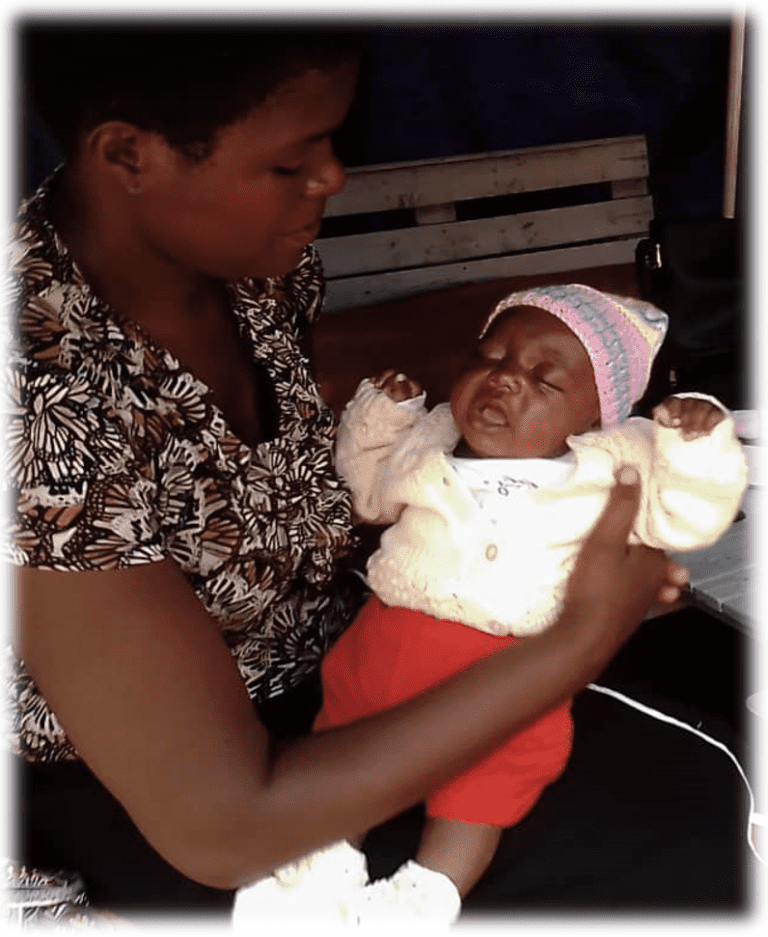
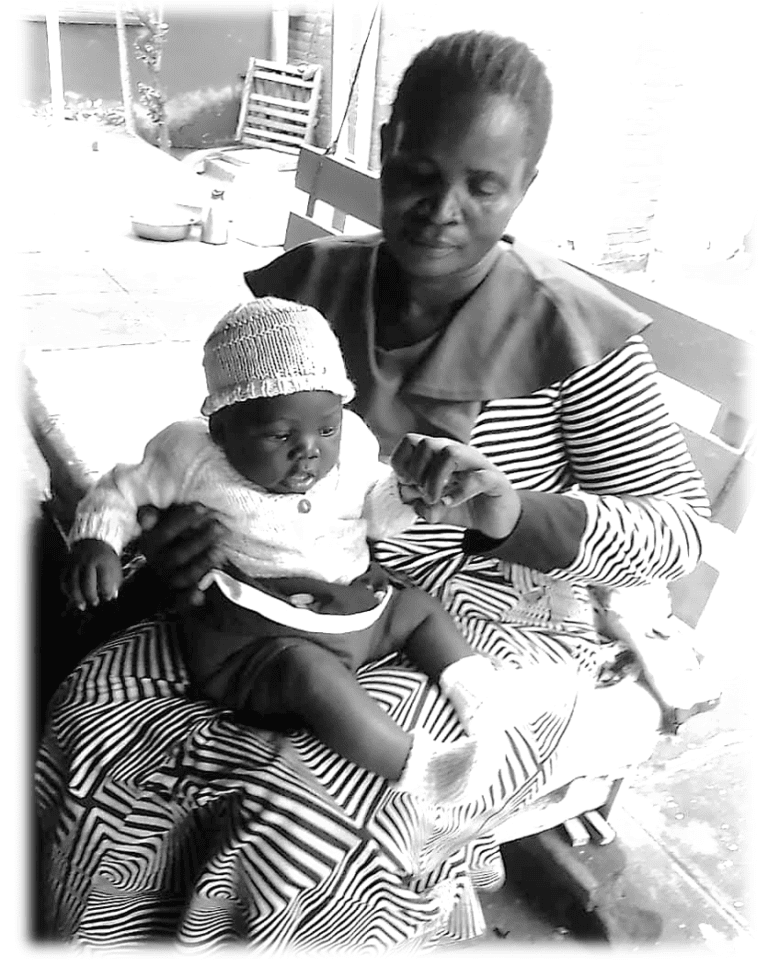
In January we enrolled 13 babies, including 10 orphans, one set of twins with a critically ill mother, and one baby c CP. Nurses made 174 visits to infants this month. Baby Admission Story. Christina sits on her grandmother’s lap…